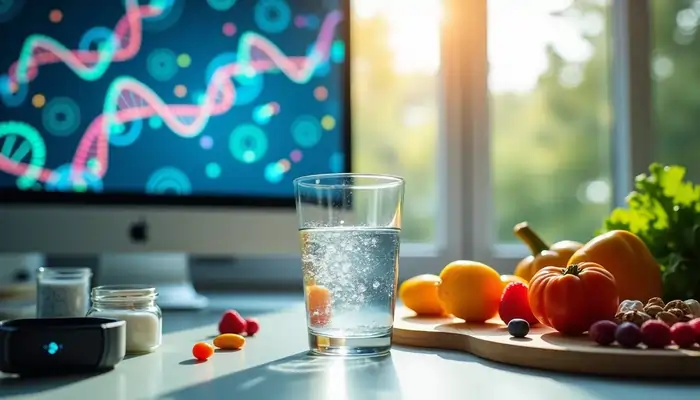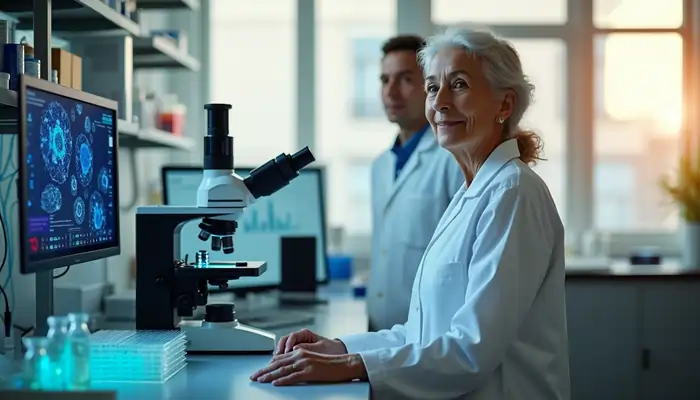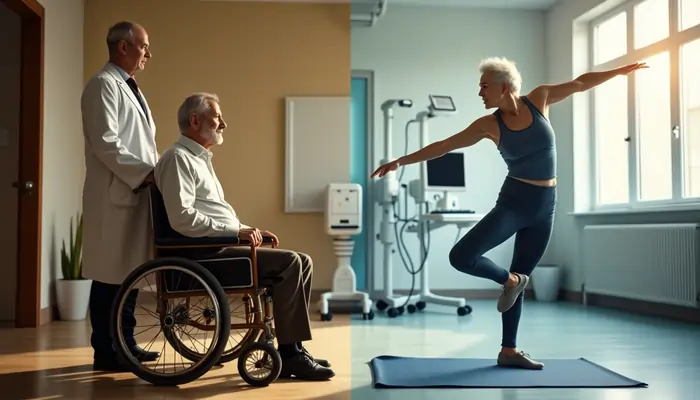The Science of Biohacking Longevity: What Actually Works
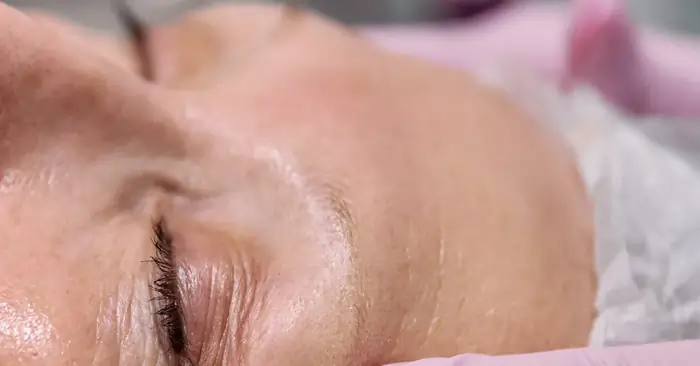
Modern medicine has pushed the average American lifespan further than ever before. Biohacking longevity could push these limits even more. Dr. Sanjay Gupta and other experts believe we could add up to 35 years to our life expectancy by following optimal health practices.
Living longer doesn’t automatically mean living better. Research shows that targeted lifestyle changes through biohacking techniques can substantially affect our biological age, which is different from our chronological age. Science-backed longevity hacks are changing how we think about aging. These include intermittent fasting that triggers cellular repair and cold exposure therapy that helps reduce inflammation.
This piece will get into proven biohacking methods that work to extend healthspan, all backed by solid scientific evidence. You’ll learn about everything from basic nutrition changes to advanced anti-aging protocols. We’ll help you tell the difference between legitimate longevity techniques and unproven claims.
The Science Behind Biohacking for Longevity
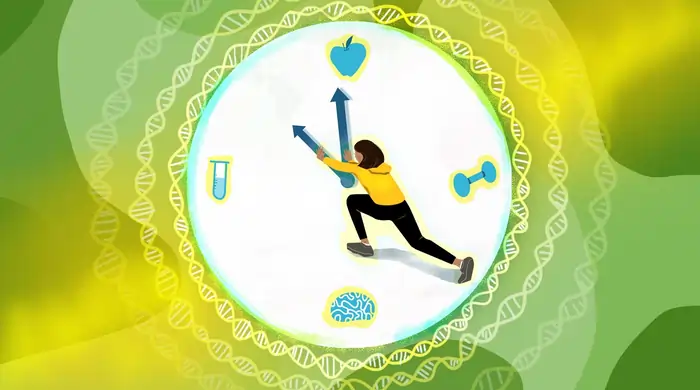
Image Source: NPR
Biohacking longevity starts with the basic science of aging. The goal goes beyond adding more years – it focuses on extending healthspan, which means living healthy with minimal age-related decline [1].
Understanding biological vs. chronological age
Your chronological age counts the years since birth, but biological age shows how your body ages at cellular level [2]. This difference matters a lot – people born on the same day can age very differently based on their lifestyle, environment, and genes [3].
Research shows biological age predicts death and disease risks better than chronological age [3]. The Mayo Clinic showed that AI-powered EKGs could spot gaps between these ages, and bigger gaps meant higher heart-related deaths [2]. Scientists measure biological age through several markers:
- DNA methylation patterns
- Blood biomarkers (glucose, cholesterol)
- Cellular damage assessment
- Functional capacity markers
Biological age isn’t set in stone – it works like an “epigenetic clock” that speeds up with disease, stress, and poor choices, but targeted treatments might slow it down [3].
How biohacking targets aging mechanisms
Biohackers tackle longevity by focusing on what makes cells age. Aging happens when damaged cells stop working properly in tissues [1].
Several key mechanisms make this happen:
- Less NAD+ availability affects mitochondria and gene control [1]
- Too many reactive oxygen species (ROS) damage cells [1]
- Long-term high insulin levels drain NAD+ and β-hydroxybutyrate (BHB) [1]
- Mitochondria break down and change shape [1]
Biohackers try to control these processes through specific treatments. Lower insulin signals help people live longer and healthier [1], which explains why intermittent fasting works.
Read more on full post regarding The Biology of Aging: Hidden Molecular Changes That Start at Age 30
The rise of evidence-based longevity science
Longevity science has moved faster from early experiments to proven treatments. Scientists now see aging as something we might slow down or partly reverse, not just an unavoidable decline [4].
The field took off in 1993 when Cynthia Kenyon found that changing one gene doubled roundworms’ lifespan [5]. Scientists have since found many ways to control aging in mice and other creatures.
About two dozen potential drugs are now in human trials [5]. Scientists don’t just measure success by lifespan – they’ve created “aging clocks” and markers to track biological aging rates without waiting decades [6].
The science of biohacking now focuses on targeted, measurable treatments backed by research rather than personal stories.
Resources:
- National Institute on Aging
- Harvard Medical School – Aging Research
- Buck Institute for Research on Aging
Proven Biohacking Techniques With Strong Evidence
Research spanning decades has revealed specific techniques that reliably extend both lifespan and healthspan. These evidence-based approaches continue to show measurable results.
Intermittent fasting and metabolic health
Intermittent fasting triggers powerful biological responses that improve longevity. Studies show it activates autophagy (cellular cleanup), reduces oxidative stress, and makes insulin sensitivity better [7]. The body’s switch from glucose to ketone-based energy makes mitochondrial function better and reduces inflammation substantially [7].
The production of ketone bodies during fasting improves metabolic efficiency. Research indicates that intermittent fasting lowers your risk of metabolic disorders, cardiovascular diseases, and neurodegenerative conditions [7]. Eating within an 8-10 hour window has helped people decrease their body weight, total fat mass, and LDL cholesterol [8].
Exercise protocols that extend lifespan
Physical activity remains one of our best weapons against aging. Research in Circulation showed that adults who did 300-599 minutes of moderate physical activity weekly had a 26-31% lower all-cause mortality [9]. Those who exercised vigorously for 150-299 minutes weekly showed a 21-23% lower risk of all-cause mortality [9].
The current guidelines suggest 150-300 minutes of moderate aerobic activity weekly or 75 minutes of vigorous activity [10]. Each metabolic equivalent (MET) improvement in fitness gives previously unfit individuals a 30% reduction in all-cause mortality [11].
Sleep optimization strategies
Quality sleep has dramatic effects on longevity. A study of 172,000+ people revealed that men who followed five healthy sleep habits gained 4.7 years of life expectancy. Women gained 2.4 years [12]. These habits include:
- Getting 7-8 hours of sleep nightly
- Falling asleep easily (≤2 times weekly trouble)
- Staying asleep consistently
- Waking feeling rested (≥5 days weekly)
- Avoiding sleep medications [12]
Nutrition interventions with scientific backing
Mediterranean, Okinawan, and DASH diets show consistent benefits to longevity [13]. Eating less red and processed meat associates with lower mortality rates [8]. Coffee drinkers who consume 3 cups daily have a 12-17% lower risk of death from all causes compared to non-coffee drinkers [8].
Resources:
- National Institute on Aging
- American College of Cardiology
- Harvard Medical School
Promising Anti-Aging Biohacking Methods
Several 10-year-old techniques and emerging biohacking methods show substantial promise to extend lifespan. These approaches target specific biological mechanisms that influence how we age at the cellular level.
Cold exposure therapy benefits
Cold therapy emerges as a powerful biological stressor that triggers longevity pathways. Your body activates cold shock proteins and enters survival mode when exposed to cold temperatures [2]. A Czech study revealed plasma levels increased by up to 350% during cold water immersion [3].
The most fascinating aspect is how cold therapy converts white fat (energy storage) into brown fat (energy burning). This metabolically active brown fat enhances thermogenesis and overall metabolic health [14]. Scientists found that 11 minutes of cold exposure weekly, split into three-minute sessions, delivers optimal benefits [14].
Prominent longevity researchers suggest a practical approach: expose yourself to temperatures that feel intensely cold yet remain safe—where you think “I want to get out, BUT I can safely stay in” [3].
Read more on full post regarding Cold Therapy Science: The Hidden Biology Behind Living Longer
Supplements with research support
Longevity science highlights several compounds for their cellular effects:
- Resveratrol activates sirtuins (longevity genes) and improves glucose regulation at 1000mg daily [15]
- Nicotinamide Mononucleotide (NMN) boosts declining NAD+ levels, critical for DNA repair [16]
- Curcumin (up to 1000mg daily) reduces inflammation and hsCRP markers especially when you have metabolic syndrome [2]
- CoQ10 supports mitochondrial function, which becomes crucial as production decreases with age [15]
- Omega-3 fatty acids reduce inflammation and may protect against cognitive decline [17]
These supplements work best among fundamental lifestyle changes rather than standalone solutions [15].
Stress management techniques
Chronic stress speeds up aging through multiple pathways. It increases inflammation, shortens telomeres, and damages DNA [18]. You can partially reverse these effects by managing stress effectively [18].
Research supports these key techniques:
- Daily mindfulness meditation triggers the relaxation response [19]
- Breathwork exercises (such as taking 10 very slow breaths) reduce cortisol [19]
- Nature exposure (“forest bathing”) [2]
- Social connection releases mood-boosting chemicals [18]
Your immune function improves and inflammatory markers decrease with regular practice of these techniques—vital pieces of the longevity puzzle [20].
Resources:
- National Institute on Aging
- Harvard Medical School
- Buck Institute for Research on Aging
Experimental Longevity Hacks: Proceed With Caution
Biohacking longevity now features radical interventions that want to change how we age fundamentally. Advanced approaches extend beyond lifestyle optimization. Notwithstanding that, they carry most important risks that need careful review.
Emerging technologies and treatments
Cellular reprogramming leads the vanguard of experimental longevity techniques. Harvard researchers identified chemical cocktails that can restore youthful cellular states in less than a week [21]. Scientists are also learning about interleukin-11 (IL11) inhibition. This technique has shown promising results in preclinical models by moving fat generation from white to beneficial brown fat [22].
There’s another reason to be excited – CAR T-cell therapy eliminates senescent cells that accumulate with age. Mouse studies showed this intervention improved metabolism and glucose tolerance. It also demonstrated preventive effects when administered in youth [23].
Self-experimentation risks and ethics
Self-experimentation in biohacking raises serious ethical concerns. Many experimental techniques lack rigorous safety testing. Most home-based genetic biohacking experiments prove unsuccessful [6].
The risks go beyond the individual. Improperly handled genetic materials could contaminate the environment [6]. Drug development and testing costs $2.6 billion with a 12-year research timeline. This explains why proper protocols matter [24].
Bryan Johnson and other notable biohackers have tried controversial treatments including stem cell therapy and gene editing. Experts ask whether these expensive, unproven methods damage biohacking’s credibility [25].
How to evaluate new biohacking claims
To review new longevity interventions, these critical factors matter:
- Evidence quality: Prioritize peer-reviewed research over anecdotal claims
- Risk transparency: Legitimate sources acknowledge potential downsides
- Regulatory status: Check if the intervention falls under FDA or equivalent oversight
- Commercial interests: Be skeptical of products making extraordinary claims without substantial proof
Many companies exploit regulatory gaps to market unproven “biohacking” products. Supplements claiming to lengthen telomeres sell without FDA approval or clinical trials [5].
Resources:
- National Institute on Aging
- FDA Biological Product Regulations
- MIT Technology Review’s Longevity Research Section
Conclusion
Science shows us that biohacking longevity does more than just add years to your life. Headlines often feature radical interventions like cellular reprogramming and experimental therapies. Yet intermittent fasting, targeted exercise, and quality sleep remain our most reliable tools to extend healthspan.
Your biological age helps you make smart choices about longevity interventions. Evidence-based techniques can substantially affect how we age at the cellular level when used consistently. Of course, simple lifestyle changes work better than many costly, unproven treatments.
Start with scientifically verified approaches before you try experimental methods. Cold exposure therapy, well-chosen supplements, and stress management techniques work best when combined with essential health practices.
Note that optimizing longevity takes time and careful analysis of new research. Instead of following every biohacking trend, stick to proven methods that work. Stay informed about genuine scientific breakthroughs.
Resources:
- National Institute of Health – Aging Research
- Harvard Medical School – Longevity Studies
- Buck Institute for Research on Aging
FAQs
What is biohacking for longevity?
Biohacking for longevity involves using science-based techniques to optimize health and potentially extend lifespan. It focuses on interventions that target biological aging mechanisms, such as intermittent fasting, exercise protocols, and sleep optimization strategies.
How does intermittent fasting contribute to longevity?
Intermittent fasting activates cellular cleanup processes, reduces oxidative stress, and improves insulin sensitivity. It triggers the production of ketone bodies, which enhance metabolic efficiency and reduce inflammation, potentially lowering the risk of age-related diseases.
What role does exercise play in extending lifespan?
Regular physical activity is a powerful tool against aging. Studies show that adults who engage in 300-599 minutes of moderate physical activity weekly have a 26-31% lower all-cause mortality rate. Even 150-299 minutes of vigorous activity weekly can reduce mortality risk by 21-23%.
Are there any supplements that support longevity?
Several supplements show promise in longevity research, including resveratrol, nicotinamide mononucleotide (NMN), curcumin, CoQ10, and omega-3 fatty acids. However, these work best when combined with fundamental lifestyle changes rather than as standalone solutions.
What are the risks associated with experimental longevity techniques?
Experimental longevity techniques, such as cellular reprogramming or genetic modifications, carry significant risks. Many lack rigorous safety testing and can pose health hazards. Additionally, self-experimentation raises ethical concerns and may lead to unintended consequences. It’s crucial to approach such techniques with caution and prioritize scientifically validated methods.
References
[1] – https://pmc.ncbi.nlm.nih.gov/articles/PMC10525476/
[2] – https://worldhealth.net/news/biohacking-your-longevity-to-100/
[3] – https://medix-global.com/how-the-cold-comforts-of-ice-bathing-may-aid-longevity/
[4] – https://www.ig.ca/en/insights/biohacking-for-longevity-the-science-of-aging-well
[5] – https://news.harvard.edu/gazette/story/2024/05/science-is-making-anti-aging-progress-but-do-we-want-to-live-forever/
[6] – https://www.orfonline.org/expert-speak/biohacking-and-regulations-the-evolving-landscape-of-human-enhancement
[7] – https://www.news-medical.net/health/5-Biohacking-Secrets-to-Help-You-Live-Longer.aspx
[8] – https://www.insidetracker.com/a/articles/ways-to-biohack-your-healthspan-and-improve-longevity
[9] – https://www.ama-assn.org/delivering-care/public-health/massive-study-uncovers-how-much-exercise-needed-live-longer
[10] – https://www.health.harvard.edu/blog/can-exercise-extend-your-life-2019031316207
[11] – https://pmc.ncbi.nlm.nih.gov/articles/PMC7431070/
[12] – https://www.cnn.com/2023/02/23/health/sleep-longevity-study-wellness/index.html
[13] – https://www.sciencedirect.com/science/article/abs/pii/S0963996922005592
[14] – https://drtimpearce.com/2024/05/16/longevity-will-cold-plunging-into-a-lake-reverse-biological-aging/
[15] – https://www.healthline.com/nutrition/anti-aging-supplements
[16] – https://www.insidetracker.com/a/articles/science-behind-anti-aging-supplements-do-they-work
[17] – https://www.cambridge.org/core/journals/nutrition-research-reviews/article/antiageing-natural-supplements-the-main-players-in-promoting-healthy-lifespan/B11AE7F80F77087B1680425FF21736CC
[18] – https://joynhealth.com/stress-management-can-enhance-longevity/
[19] – https://www.health.harvard.edu/staying-healthy/top-ways-to-reduce-daily-stress
[20] – https://www.innerbloomketamine.com/blog/stress-management-techniques-for-longevity-and-better-health
[21] – https://www.aging-us.com/news-room/NEW-STUDY-Discovery-of-Chemical-Means-to-Reverse-Aging-and-Restore-Cellular-Function
[22] – https://scitechdaily.com/revolutionary-anti-aging-therapy-could-extend-lifespan-by-25/
[23] – https://www.medicalnewstoday.com/articles/t-cells-reprogrammed-to-slow-down-and-reverse-aging
[24] – https://theconversation.com/the-dangers-of-biohacking-experiments-and-how-it-could-harm-your-health-100542
[25] – https://mynucleus.com/blog/bryan-johnson-biohacker
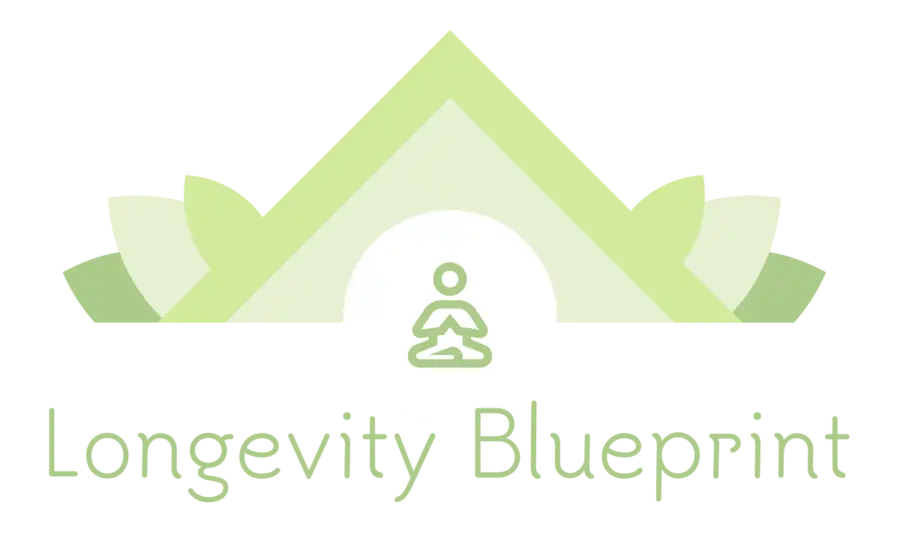
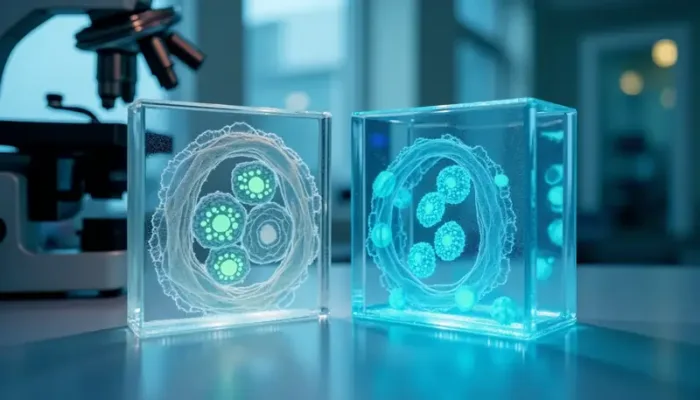

![NMN vs NR: Which Anti-Aging Supplement Actually Works? [2025 Science] 9 NMN vs NR](https://longevityblueprinthealth.com/wp-content/uploads/2025/05/810384d5-0f16-477a-abe0-0872e930cf72-1.webp)


